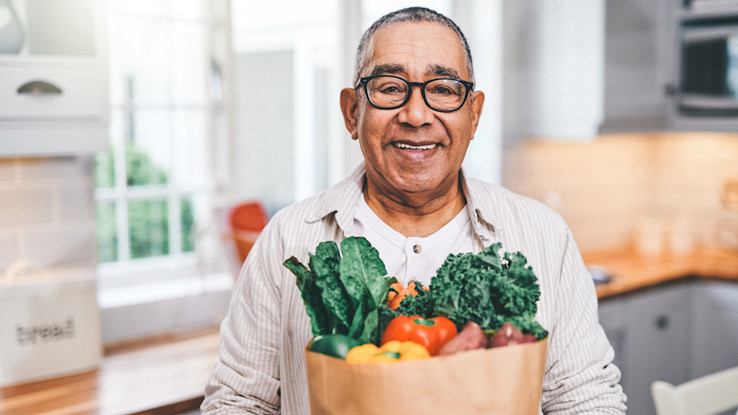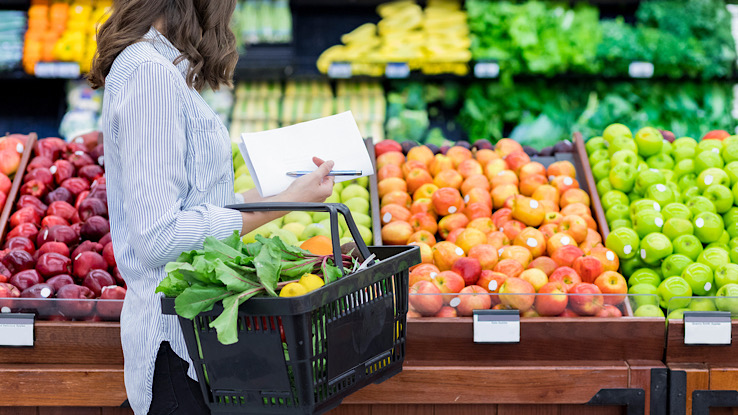Funny Ways to Say Fast Food Restaraunts

The main job of your kidneys is to filter toxins and waste out of your blood. A lot of that waste comes from the foods you eat. If you have chronic kidney disease (CKD), changing the way you eat will put less stress on your kidneys. So, it's important to know the best foods to eat for kidney disease. Certain foods are good to eat, but there are some foods you may need to eat less or avoid altogether.
The water, minerals and other nutrients from the food you eat go into your bloodstream. The body uses these fluids and nutrients to keep you healthy — but when there's too much water, or too many minerals and nutrients in your blood, it can cause health problems. Normally, your kidneys would remove this excess waste from your body through your urine. But, it's more difficult for your kidneys to remove this waste from your blood if you have kidney disease.
Limit Potassium, Phosphorus, and Protein Intake
When you have kidney disease, potassium, phosphorus and protein build up in your blood. While these are important for your body, too much can actually lead to health problems.
- Potassium is a mineral that is needed for your muscles and nerves to work. But, too much potassium can cause weakness and cramps. It can also cause your heart to beat abnormally.
- Phosphorus is an important mineral for your bone health. But, too much phosphorus can make your bones weak. This can cause your bones to break more easily.
- Protein helps to build and repair your muscles and bones. But, when you have too much protein it puts stress on your already damaged kidneys. And this makes it even harder for the kidneys to remove all the excess protein and other waste.
A Balanced Diet for Kidney Disease
Eating a kidney-friendly diet is all about knowing what to eat and how much to eat. So, it is important that you make good food choices.
This doesn't mean that you stop eating everything containing potassium, phosphorus and protein. Your body needs these nutrients and minerals to be healthy. Instead, try to find the best mix of foods to eat for your kidney disease and keep a healthy balance.
Best Foods to Eat for Kidney Disease

There are some foods that people with kidney disease may want to eat more of or avoid. The following foods are good for kidney disease.
Foods low in potassium and phosphorus
Eating fruits, vegetables and grains are all part of a healthy diet. But some of these foods may be too high in potassium and phosphorus. So try these more kidney-friendly options:
- Fruits including apples, grapes, cranberries, and strawberries
- Vegetables including radish, cauliflower, onions, peppers, summer squash, and lettuce
- Grains including pasta, french bread, sourdough bread, unsalted popcorn, corn and rice cereals
Kidney-friendly proteins
While you may need to eat smaller amounts of protein, it's still an important part of a healthy daily diet. Your doctor will advise you on the best daily amount of protein you should have based on your weight, sex, age, and overall health. Foods with good protein for kidney disease include fish, poultry, and egg whites.
It is still really important that you work with your doctor or dietitian. Your doctor may recommend something different based on your stage of CKD or if you are on dialysis. For example, if you're on dialysis, you may actually need to eat more protein because dialysis removes protein from your blood.
Foods to Avoid for Kidney Disease
When you have kidney disease, there are some foods you may want to eat less of or avoid altogether — foods high in potassium, phosphorus, and sodium.
Foods high in potassium
- Fruits including bananas, avocados, melons, prunes, potatoes and tomatoes
- Grains including brown rice and dark bran-heavy breads
- Dairy including milk, yogurt and cheese
Foods high in phosphorus
- Grains including dark whole-grain breads, bran cereals, granola and oatmeal
- Some dairy products including milk, yogurt and cheese
- Most nuts
Food high in sodium
It's also important to limit foods high in sodium when you have kidney disease. Too much sodium can lead to high blood pressure — and that can cause further kidney damage. But your body does need some sodium. It is recommended to eat no more than 2,000 milligrams of sodium per day.
Talk to your doctor, because they may recommend even less sodium if you have CKD. Sometimes even as low as 750 to 1,500 milligrams daily, depending on your level of kidney damage. To help lower sodium in your foods:
- Look for low-sodium labeled foods while grocery shopping.
- Avoid seasoning your food with salt whenever possible. Try to use herbs and sodium-free seasonings instead.
Resource Links:
- "Eating Right for Chronic Kidney Disease" via National Institute of Diabetes and Digestive and Kidney Diseases
- "Kidney diet and foods for chronic kidney disease (CKD)" via American Kidney Fund
- "Nutrition and Early Kidney Disease (Stages 1–4)" via National Kidney Foundation
- "Dietary Protein Intake and Chronic Kidney Disease" via Current Opinion in Clinical Nutrition and Metabolic Care
- "The Importance of Sodium Restrictions in Chronic Kidney Disease" via Journal of Renal Nutrition
Source: https://www.symptomfind.com/nutrition-supplements/best-foods-for-kidney-disease?utm_content=params%3Ao%3D740013%26ad%3DdirN%26qo%3DserpIndex
0 Response to "Funny Ways to Say Fast Food Restaraunts"
Post a Comment